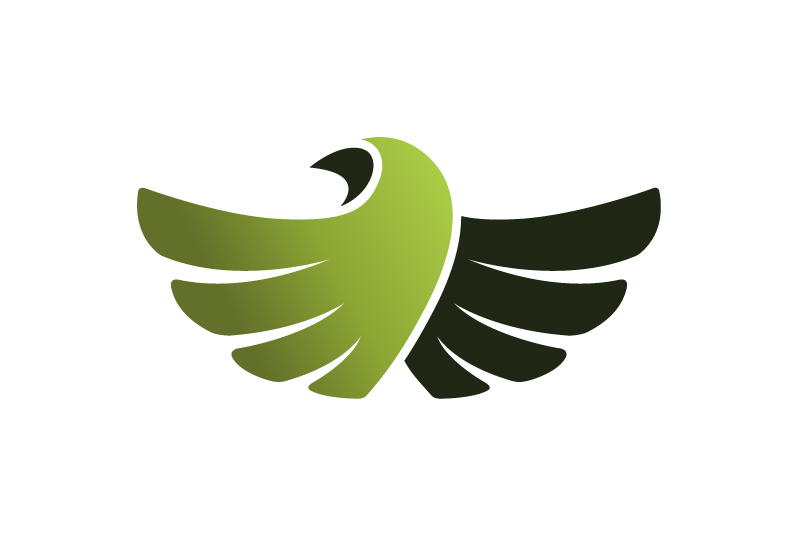Relaxation as a Pillar of Health
Having recently read The 4 Pillar Plan: how to relax, eat, move, sleep your way to a longer, healthier life by Dr Rangan Chatterjee (of ‘Doctor in the House’ fame on TV and presenter of the ‘Feel Better, Live More’ podcast as well as being a practising GP), I can highly recommend it and will give you a taste of what it contains here and in subsequent posts.
The key pillars of health are usually considered to be nutrition, exercise and sleep, but Rangan Chatterjee adds relaxation to make it four. In fact, he puts relaxation before the other three because he has seen that stress is the root cause of many of his patients’ health problems, so I will cover relaxation here, but first I will touch on stress.
Stress
Stress is any factor that affects physical or mental wellbeing. The response to a stressor depends on the individual: what stresses one person may not stress another. Acute stress can be beneficial and it wouldn’t exist if it hadn’t improved our chances of survival in some way, but chronic stress can be detrimental to health. You can learn more about stress in my blog post ‘How Aware of Stress Are You?’
Relaxation
Relaxation is the antidote to stress and the key recommendations that Rangan Chatterjee makes are:
· Me time every day
· A screen-free Sabbath
· Gratitude
· Stillness.
Me Time
‘You cannot serve from an empty cup’ and what better way to refill your cup than making time for your own selfcare, doing whatever you find relaxing, whether that is reading, handicraft, gardening, walking, sport, etc. I talk more about this in one of my blog posts on ‘Mindfulness’.
Screen-free Sabbath
Try treating yourself to one day a week without technology, or at least social media, and see whether you feel better for it. Instead focus on face-to-face interactions with others or over the phone, or just enjoy some me time or connect with nature.
Gratitude
For reasons of survival, the human brain has evolved to recall negative events more than positive, but in the modern world that is having a detrimental impact on our health and wellbeing. Practising daily gratitude, however you choose to do that, can help shift the balance by tuning the brain into noticing and recalling good things more than it would otherwise. I tend to review the day in my head at bedtime thinking of all the things I was grateful for that day and then picking the top three to hold in my mind as I drift off to sleep. You could try writing it down if you prefer. Another way to do it that I heard recently is to ask yourself three questions: ‘How has someone helped me today?’, ‘How have I helped someone today?’ and ‘What have I learned today?’ That could even make for a daily dinner table conversation with family or friends.
Stillness
I love stillness and peace and quiet, but I know that some find it difficult. It is worth persevering with though because of the health benefits of stillness. You can find your own preferred or most convenient way of being still, but here are some mindful practices that focus on the senses to help get you started:
- Taste meditation
- The 3,4,5 breathing meditation (breathe in for a count of 3, hold for 4 and breathe out on 5)
- Body scan
- Sounds and thoughts meditation.
Author and presenter, Claudia
Hammond discusses the importance of rest with Rangan Chatterjee in a recent
podcast 'Why
You Need More Rest’
, which is well worth a listen.
If you would like to book a treatment or to attend a qigong class to help you to rest or relax, do get in touch on 07528 708650 or wendy@rookeholistic.co.uk.

